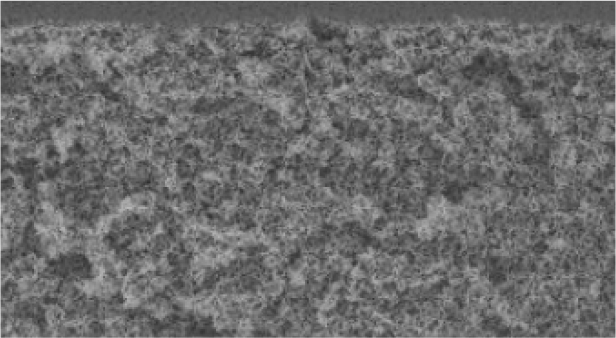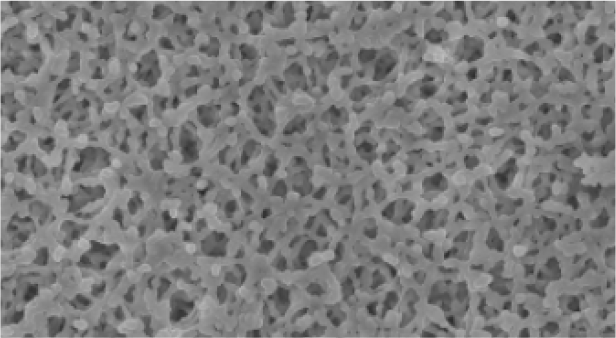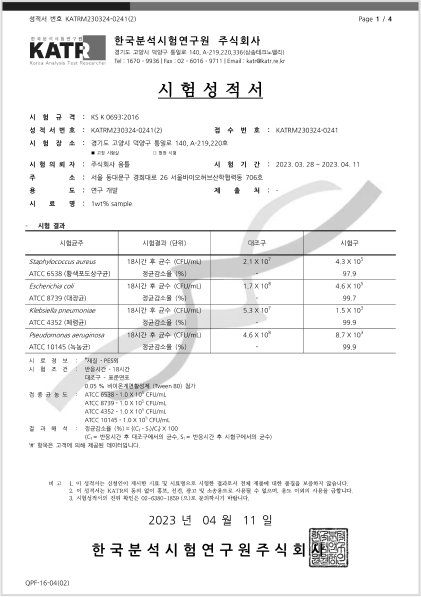-
Business area
Our company is committed to pursuing ESG management to achieve sustainable and clean business
through providing the business model by caring in social issues such as environmental protection
and carbon reduction and delivering that value to our customers.
Hydrophilic PES
New material, CaPES, AnPES, AmPES developed by UMTR
When CaPES, AnPES, AmPES is introduced to the membrane, it reduces the protein adsorption rate of the membrane and increases its hydrophilicity, showing excellent flow performance.
This improves the membrane’s permeate rate, allowing for the safe and rapid flow of large amounts of samples.
Detail information
Passed results for cytotoxicity, intracutaneous reactivity, skin irritation, oral mucosal irritation, and skin sensitization tests are passed
Antimicrobial properties
Properties
[When CaPES, AnPES, AmPES is introduced to the membrane]
· Improved Hydrophilicity

Decrease of Contact angle means the increase of hydrophilicity
-
PES
Contact angle 75 - 80°
-
PES + AnPES
Contact angle 60°
SEM image of PES membrane
-
Section

-
Surface

Improvement of Water Permeability

When CaPES, AnPES, AmPES is introduced to the membrane, its hydrophilicity is in creased, showing excellent flow performance.
Non-Clinical Trials
-
- Cytotoxicity
- 100%
-
- Intracutaneous reactivity
- 100%
-
- Skin irritation
- 100%
-
- Oral mucosal irritation
- 100%
-
- Skin sensitization tests
- 100%
Biocompatibility and Antimicrobial Propertiest Test Results
This material is a versatile material that can be used in all fields including PES membrane filters and has antimicrobial properties and passed results for cytotoxicity, intracutaneous reactivity, skin irritation, oral mucosal irritation, and skin sensitization tests, making it suitable for various bio-applications.



